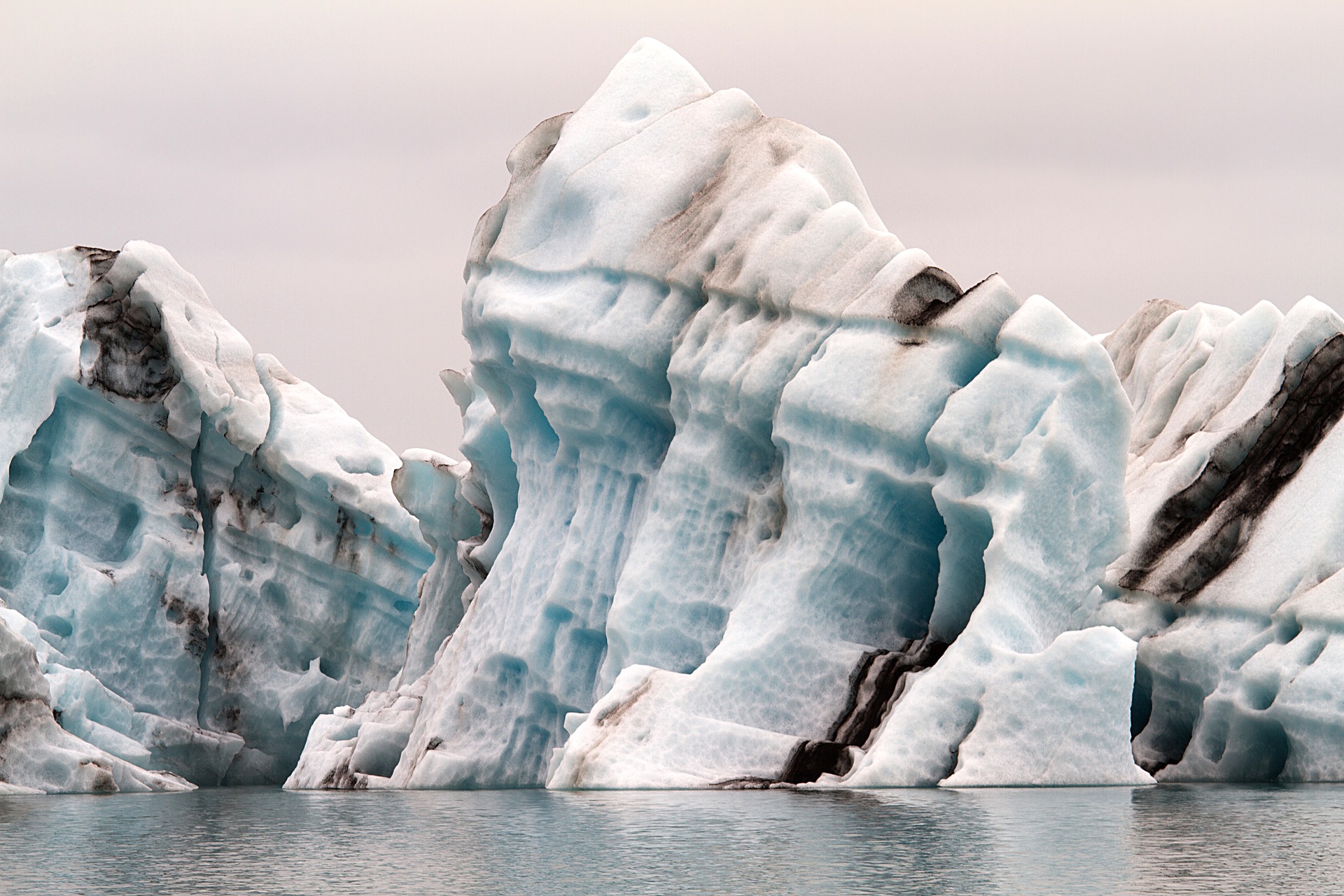The Ministry for the Environment and Natural Resources of Iceland has enacted a strict sulphur emissions control area (SECA) whereby ships calling at the island starting next year will only be allowed to burn 0.1% sulphur content fuel.
The nation’s minister for the environment and natural resources, Guðmundur Ingi Guðbrandsson, commented: “Vessels can use light types of oil fuel until they switch to other energy sources. I hope this will happen in the near future but heavy fuel oil is the filthiest; therefore it is extremely important to stop its use.”
Vessels can, however, continue to burn heavy fuel oil (HFO)if they use approved emission abatement methods to reduce the release of sulphur dioxide, which prevents most sulphur emissions into the atmosphere along with soot pollution.
The Iceland Nature and Conservation Association and the Clean Arctic Alliance applaud Iceland’s restrictions on sulphur emissions, but were quick to point out a «loophole» in the legislation given that some vessels will continue burning HFO by using scrubbers, including open-loop scrubbers which have predominantly been adopted.
Árni Finnsson, of the Iceland Nature Conservation Association commented that
«the only viable step forward is for Iceland to completely ban the use and carriage of HFO from its territorial waters, ahead of an International Maritime Organization ban currently in development to ban its use and carriage in the Arctic.»
There are currently two main areas of the world designated as SECAs, where ships must consume ultra-low-sulphur fuel (ULSFO): Northern Europe (North Sea, Baltic Sea and the Channel); and North America, including Canada and parts of the Caribbean.
Of course, this is adding to the complexity of operating ships starting January 1 but good news for ship operators that have invested in scrubbers. With files from Theloadstar. Image: Pixabay


